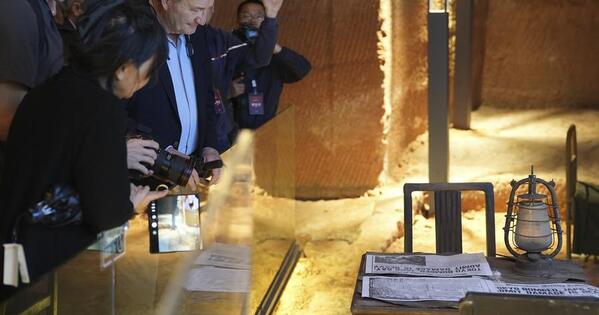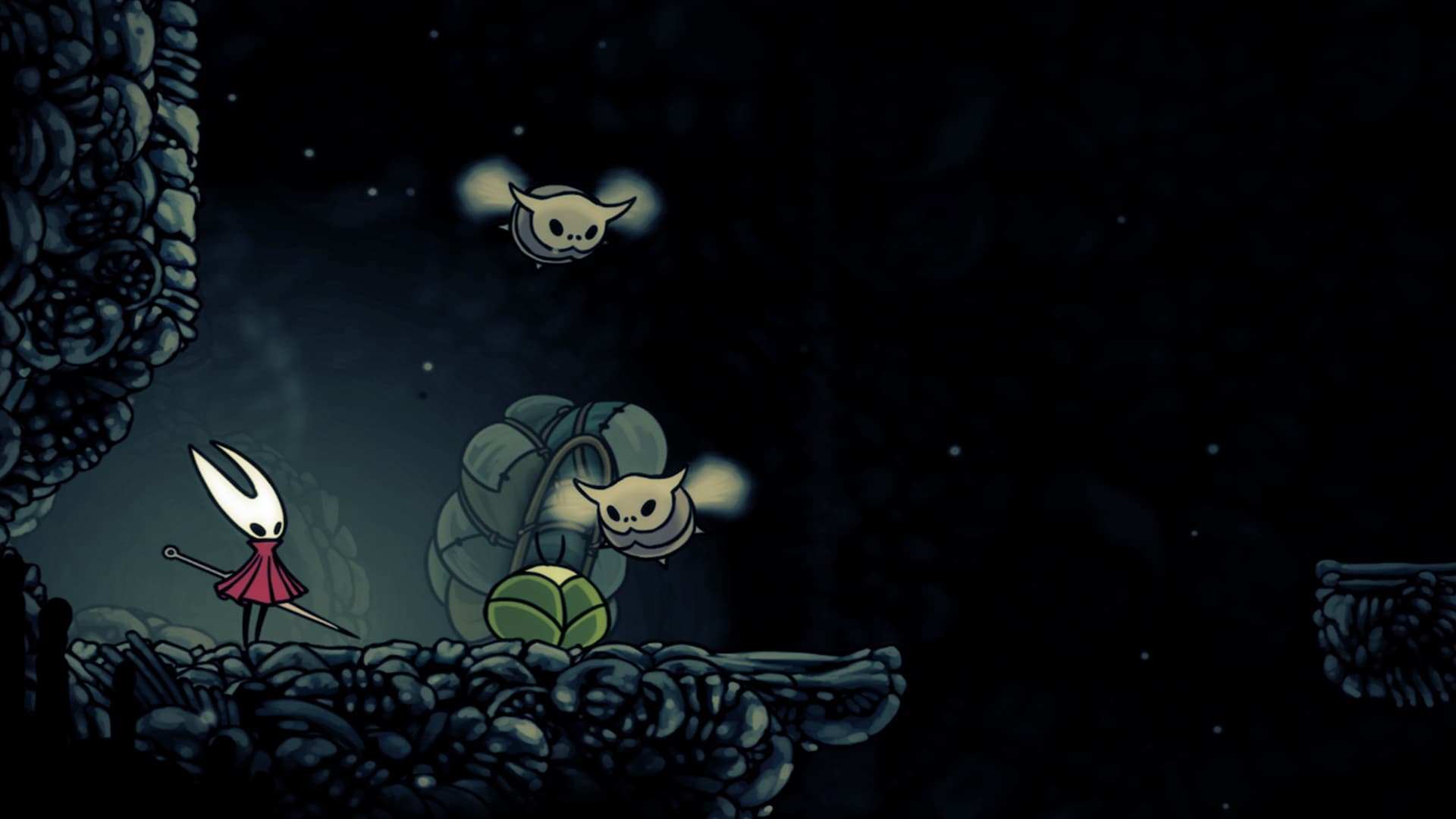
HANGZHOU, Sept. 17 (Xinhua) — Standing in the rain, American visitor William Kantenberger gazed at a statue of a parachute landing in Quzhou, east China’s Zhejiang Province, reflecting on his grandfather’s landing there more than 80 years ago.
On April 18, 1942, Doolittle Raid pilot Rodney Ross Wilder landed in Quzhou in a parachute, after which he was rescued and taken home by local Mao Guangxiao, before eventually rejoined the other rescued pilots.
Last April, a statue was erected on the site of Wilder’s landing.
“I was so touched by the monument in his honor,” Kantenberger told Xinhua. “It was amazing to truly walk in his footsteps. I felt so connected to him at that moment.”
The statue is just one of numerous monuments, former residences and museums across China that are dedicated to the foreign fighters who came to China from countries including the Soviet Union, the United States, Britain, France and Canada to fight alongside the Chinese against Japanese invaders.
On Jan. 1, 1942, 26 countries — including China — gathered in Washington to issue the Declaration by United Nations, which was a pledge to unite to oppose the fascists of Germany, Italy and Japan.
In April that year, a group of 16 U.S. bomber jets, led by Lieutenant Colonel James Doolittle, took off from the USS Hornet aircraft carrier and air raided multiple Japanese cities, including Tokyo.
As the planes turned south after the raid, they ran low on fuel and crashed in various locations across eastern China. Local residents risked their lives to rescue the parachuting airmen and helped them evacuate to safety. Of the 75 airmen aboard the planes, 64 were rescued by Chinese people, most of whom were local villagers who had received no official notice of the emergency.
Their rescue, however, came at a tremendous cost. Many locals were suspected of sheltering the Americans, and some were even tortured or slaughtered by the Japanese.
In 1992, five of the Chinese rescuers were invited to the United States to commemorate the 50th anniversary of the Doolittle Raid. George H. W. Bush, then U.S. president, said in a letter that the United States would never forget the “extraordinary contribution” made by the rescuers on that occasion.
In 2015, President of the Children of the Doolittle Raiders Jeff Thatcher proposed that a memorial be built to commemorate the historic event. The local government in Quzhou received more than 100 items from the United States, as well as evidence that had been collected and sorted by local researchers over the years, including the wreckage of B-25 bombers, the names of hundreds of rescuers, and items from the crash sites of 15 aircraft.
“Much of the aircraft debris was dug up piece by piece by local historical researchers on mountains and in valleys, from different landing points such as mountain hollows, fields and cliffs,” Tong Lijuan, director of the Doolittle Raid Memorial Hall, told Xinhua.
The friendship forged between the Chinese and American peoples during the Anti-Fascist War has developed into a bond spanning 83 years, she said. “What we should remember about Doolittle Raid is not only the heroic deeds of the fearless people, but also this international friendship which continues to remind younger generations to cherish peace.”
The memorial hall officially opened in October 2018. Tong noted that it has attracted more than 500,000 visitors to date. In the first seven months of this year alone, the number of visits exceeded 150,000.
“It was moving to see so many Chinese people engaged with the exhibits, reflecting on the historical cooperation between our two countries, and honoring the bravery of both the American airmen and the Chinese people who helped them,” Kantenberger said.
Like Kantenberger, descendants of the Doolittle Raiders have repeatedly visited Quzhou in the past decades.
In April, representatives from the Sino-American Aviation Heritage Foundation, the USS Hornet Museum and the Children of the Doolittle Raiders came for an event, when the USS Hornet Museum gifted an original film reel of a 1942 Doolittle Raiders training exercise to the Quzhou Society for the History of the Doolittle Raid.
“The bond transcends borders and remains in people’s hearts,” said Han Qiang, president of the society.
This year marks the 80th anniversary of victory in the Chinese People’s War of Resistance against Japanese Aggression and the World Anti-Fascist War.
Following the large-scale victory day military parade in Beijing, Kantenberger last week traveled to Quzhou with his wife Tracy, where they visited the memorial hall once again.
Over the years, he has witnessed its expansion. “The difference between 2018 and 2024 is six years. The place had grown by three times. It is awesome and all the content was high caliber,” he said.
“This expansion shows a strong commitment to preserving and sharing this important history, ensuring that the lessons of courage, kindness and international collaboration from that era are remembered for generations to come,” he said. “In a world that sometimes feels divided, the Doolittle Raid Memorial Hall is a strong reminder of what we share and what we can do when we work together.”



